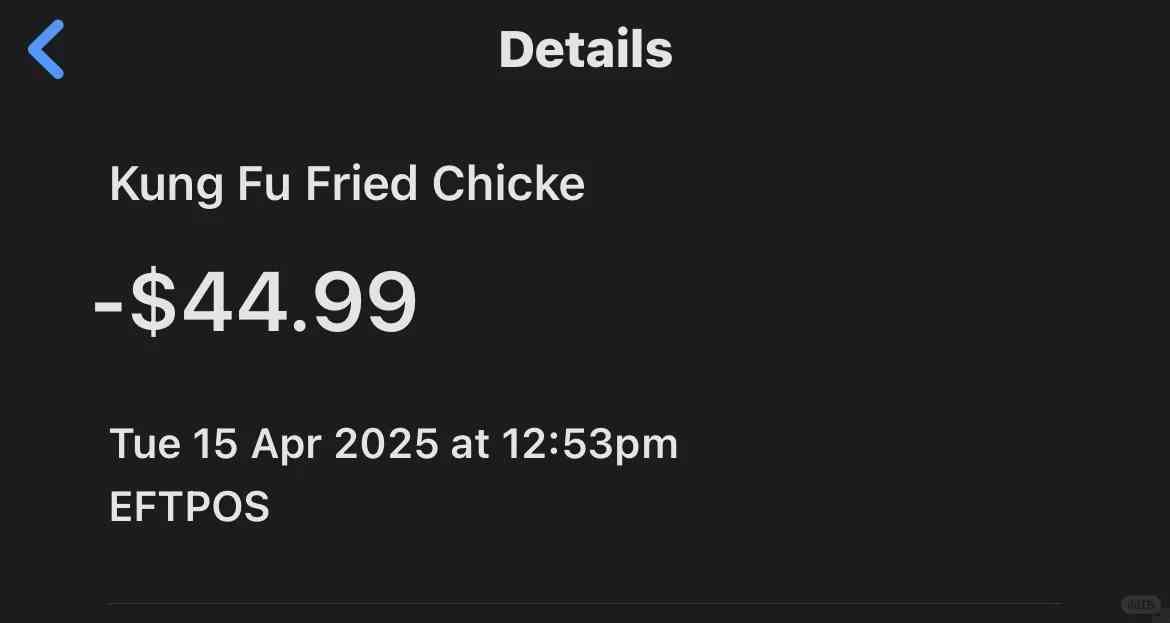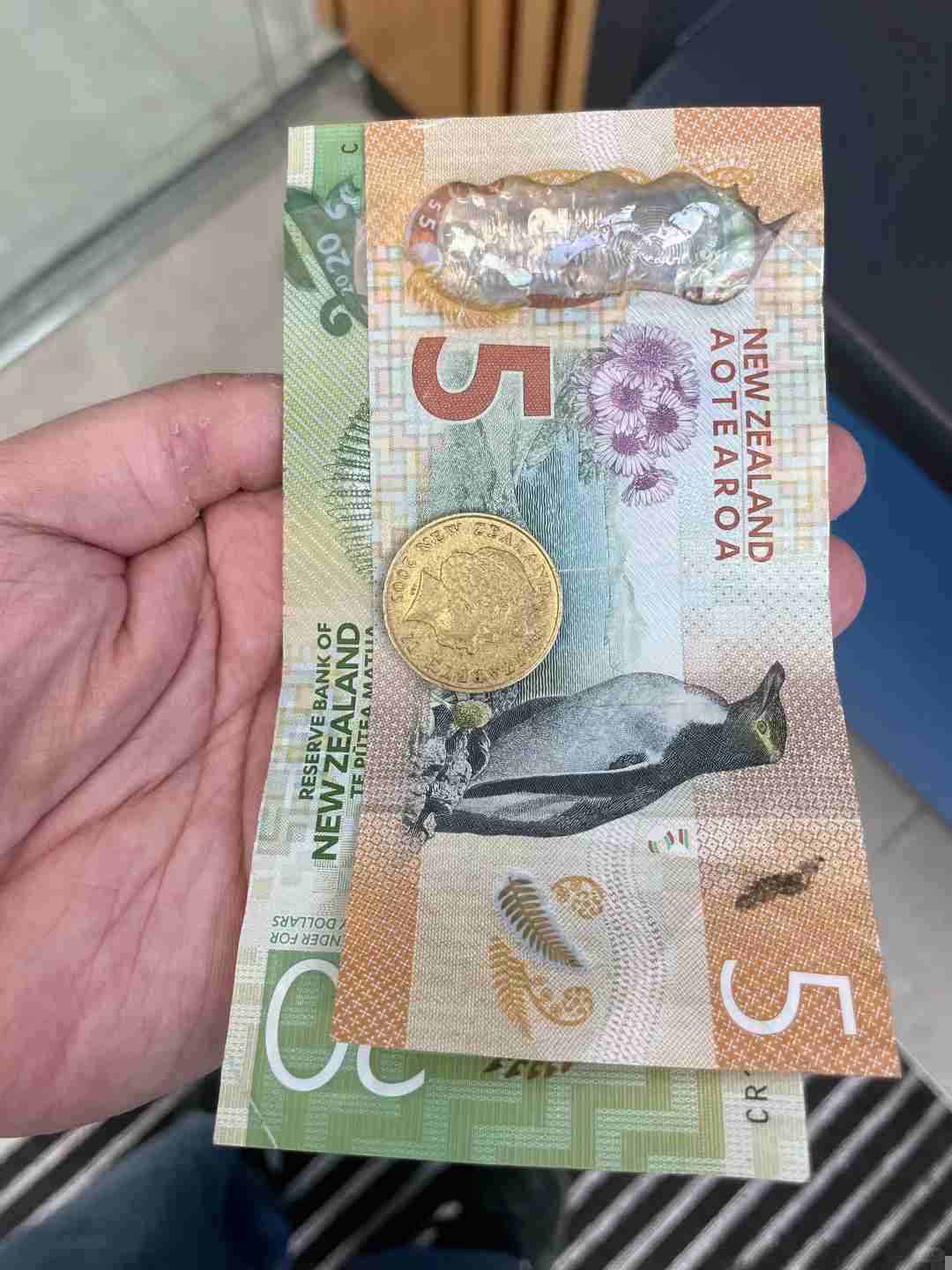Is Commercializing Kindness in Auckland Beneficial or Detrimental to Community Values?
Today, I experienced a bittersweet encounter in downtown Auckland that I feel compelled to document as a poignant reminder.

At noon, while strolling down the street, a Chinese woman overheard me speaking Chinese near a restaurant and abruptly called out to me. She explained that she had just arrived in New Zealand for the first time, taken a taxi to the city, and found herself without any cash. She was also feeling unwell due to low blood sugar and asked if I could help her order some food, promising to transfer the money to me later.

Thinking that low blood sugar can be serious, and if I could help, why not? I agreed.
Once inside the restaurant, she quickly ordered two dishes, totaling $45. Before I could ask more questions, she began placing the order. I inquired if she could use WeChat or another transfer method, but she claimed she lived in the US and didn’t have those payment options. After I paid with my card, she only provided a hastily scribbled QQ email address.
I asked if she could give me a name, other contact information, or details of a friend, but she firmly replied, “I can’t give you personal information; it’s illegal.”
Puzzled, I asked, “How are you going to pay me back then?”
She said she would ask a friend to transfer the money. But when I tried to confirm the details and asked for contact information again, she became evasive.
At that point, I had a sinking feeling that I probably wouldn’t get the money back. The restaurant staff even informed me, “There are surveillance cameras in the store. If you need any help, just let us know.”
I thought, well, it’s not a large amount, and maybe she really needs the food. But then, she said something that left me speechless: “A guy being so stingy, getting so worked up over such a small amount, like a beggar.”
Both the staff and I were stunned. Did I hear that right? Was she lacking in emotional intelligence, or was she simply desperate from hunger?
In that moment, I decided to withdraw my kindness. I told the staff that this lady didn’t seem to need my help and asked them to cancel the order and refund me, as I didn’t think I should pay for someone who insulted me.
She panicked, saying it was just a joke, and then added, “If you don’t have the money, you shouldn’t have helped in the first place.”
In the end, one of the dishes was already prepared, so the restaurant couldn’t give a full refund. To avoid causing trouble for the restaurant, I accepted a $27 refund. I ignored her but still instructed the staff to leave the rice dish for her, considering it a “paying for peace of mind” for the day.
What upset me the most wasn’t the money, but the waste of time for both my colleague and myself.
Later, after calming down, I reflected:
Should I still help strangers?
Will kindness be exploited?
I believe I won’t stop being empathetic, but I need to learn to protect myself, maintaining a clear head while offering kindness.
Because true kindness is not naivety, but the willingness to choose gentleness after discernment.
P.S. A friend later messaged me, saying I might have run into a notorious female scammer in Auckland 🤣

